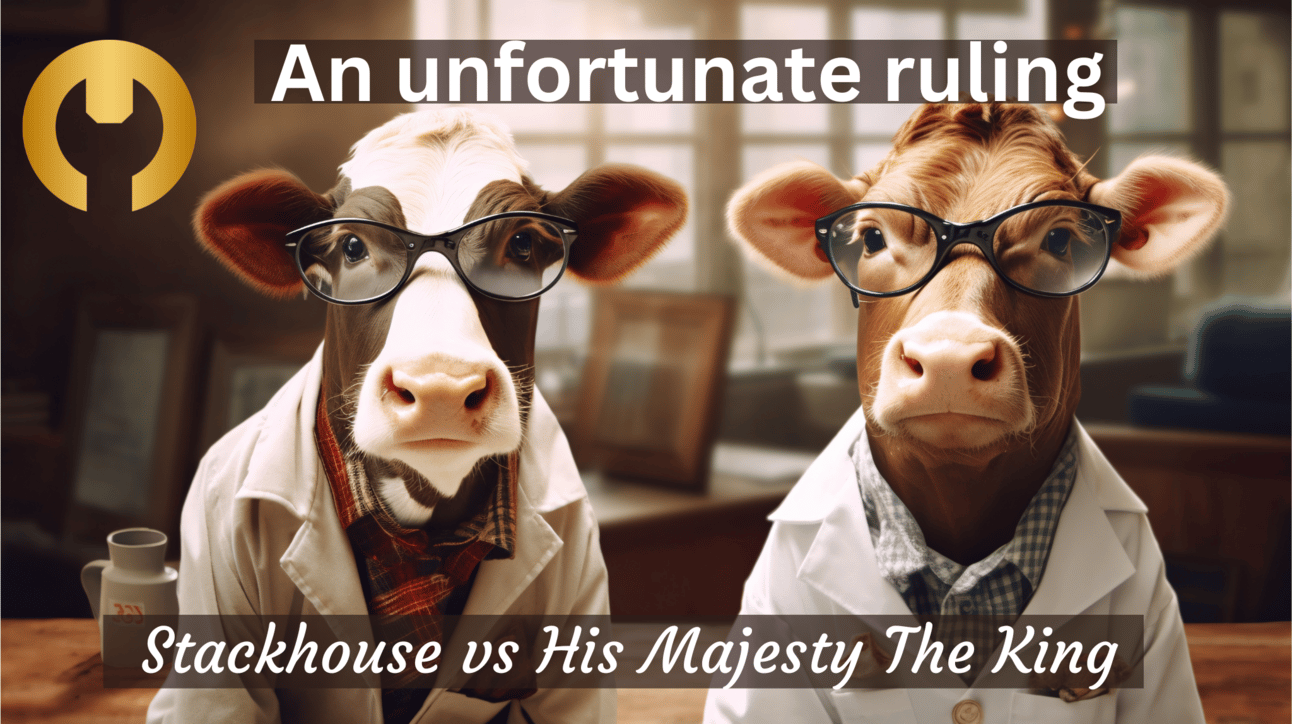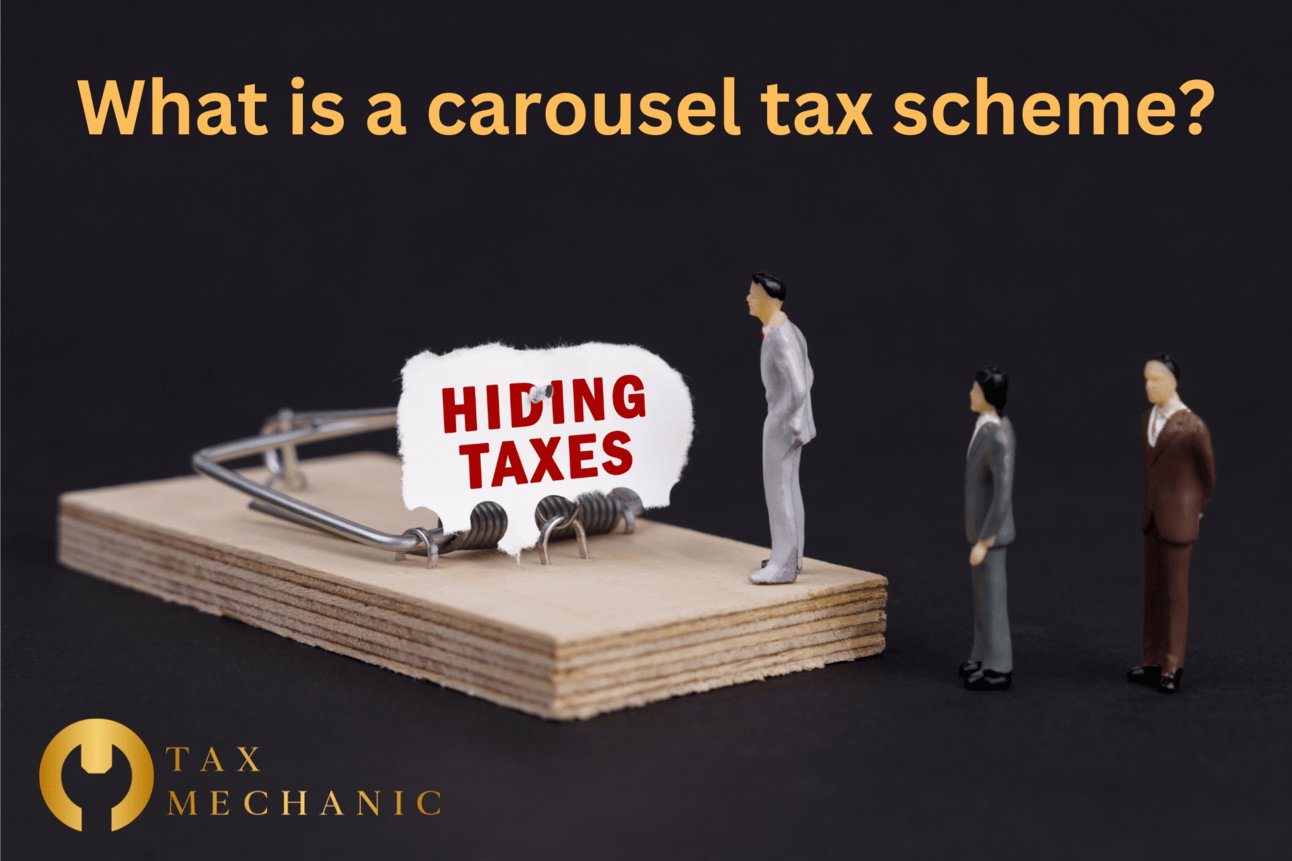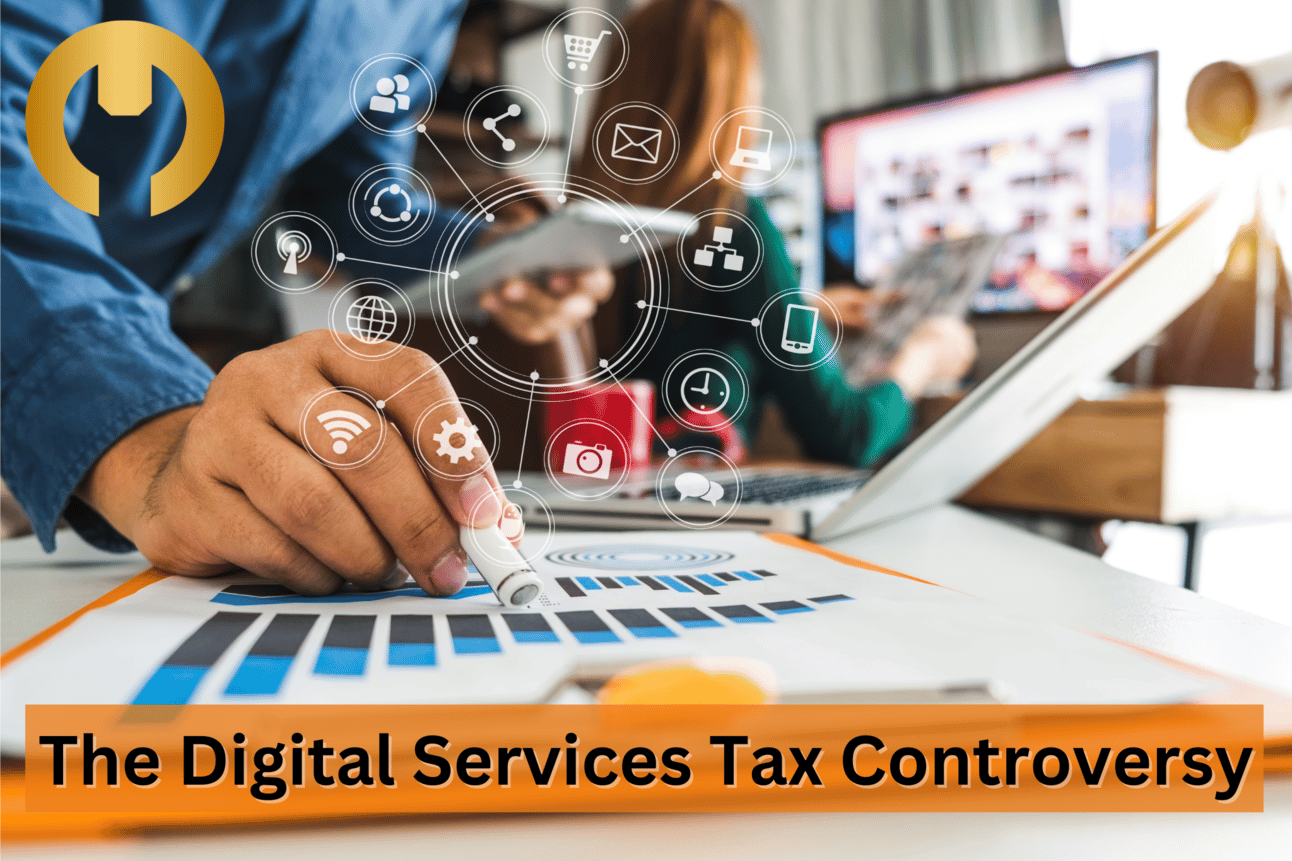- 5 Bullet Fridays
- Posts
- 5 BULLET FRIDAYS - Tax Mechanic News, Tips, Strategies
5 BULLET FRIDAYS - Tax Mechanic News, Tips, Strategies
In this edition: An unfortunate ruling / New Tax Measures for AirBnb owners? / The 1st deadly tax sin: PRIDE

Bite size tax and finance related information that could save you $$$

Restricted losses in farming business
In this tax court case, a medical doctor appeals her reassessments under the Income Tax Act for her 2014 and 2015 taxation years, where The Minister of National Revenue restricted her losses from her farming business.
The Minister assumed that Doctor Dianne Stackhouse chief source of income was her medical practice, and found the substantial losses from a farming business that was a subordinate source of income unreasonable. The argument was that a business must not lack of reasonable expectation of profit.

The case revolved around the legal concepts of "chief source of income" and "reasonable expectation of profit" which are pivotal in tax law. Stackhouse's challenge rested on these legal interpretations, emphasizing they are conclusions of law rather than factual assumptions. The appeal was dismissed, upholding the Minister's reassessments.
Do you have - or want to launch - an appeal in tax court against a CRA reassessment? Call us!

The New Digital Services Tax Controversy
Countries like the U.K. and France already have a Digital Services Tax (DST) in place, generating revenue to support their citizens, so why would Canada lag behind?
Government announced back in 2020 that a digital services tax will be implemented by 2024, and finance Minister Chrystia Freeland now emphasized that the federal government remains committed to the controversial measure. Freeland faces criticism over the implementation this tax, and though she has not confirmed the original Jan. 1 start date, she notes that Canada's preference is to be part of an international tax framework, with a commitment not to wait beyond 2023 for implementation.
The 3% tax will affect foreign digital services companies profiting from Canadian audiences, specifically the ones with "Canadian digital services revenue" of more than $20 million in a fiscal year. Read more here!

New tax measures for AirBnb, VRBO owners
The Fall Economic Statement revealed a new tax measure on Tuesday that would reduce incentives for short-term property leasing. Effective January 1, 2024, Airbnb and VRBO hosts' won’t be able to claim expenses against their rental income. The restriction applies to property owners in areas where short-term rentals are prohibited or non-compliant with local laws.

To slow the growth of short-term rentals in Canada, the government will invest $50 million over three years to support municipal enforcement of restrictions. The goal is to address the popularity of short-term rentals that is exacerbating housing shortages and affordability challenges. Read more here!
Do you run an AirBnb or VRBO property and need help determining if these measures will affect you? Book A Free Consultation Today!

Carousel Tax Fraud: The Iris Technologies Case
What is a carousel tax fraud? You are soon to find out… The CRA discovered a $63 million tax error linked to Iris Technologies in 2020, shedding light on a carousel scheme, that was, well… exploiting outdated tax rules. This case is now entangled in legal battles and investigations, and it involves intricate international networks diverting millions from government coffers.

The carousel scheme exploits circular transactions, claiming refunds on exported goods. Iris's case allegedly relied on outdated tax rules, engaging in sophisticated cryptocurrency transactions, false invoices, and intricate corporate structures.
Investigations actually revealed numerous carousel schemes exploiting Canadian tax rules, labeled "the most profitable crime in the EU." Criminals adapt to new jurisdictions, making our country a preferred location due to lax scrutiny.
Read more here!

The 1st deadly tax sin: PRIDE
“The first deadly tax sin is “pride”. If you look at your social media accounts, they are publicly accessible and some posts can prompt a CRA investigation into your financial life. From the CRA’s point of view this is a legitimate practice on their part because posts on social media really aren’t private.
How does this work? Say you just bought an $85,000 sailboat and you are boasting about it by posting a photo of it on Facebook.“
Click here and watch my TikTok video to find out the rest!

